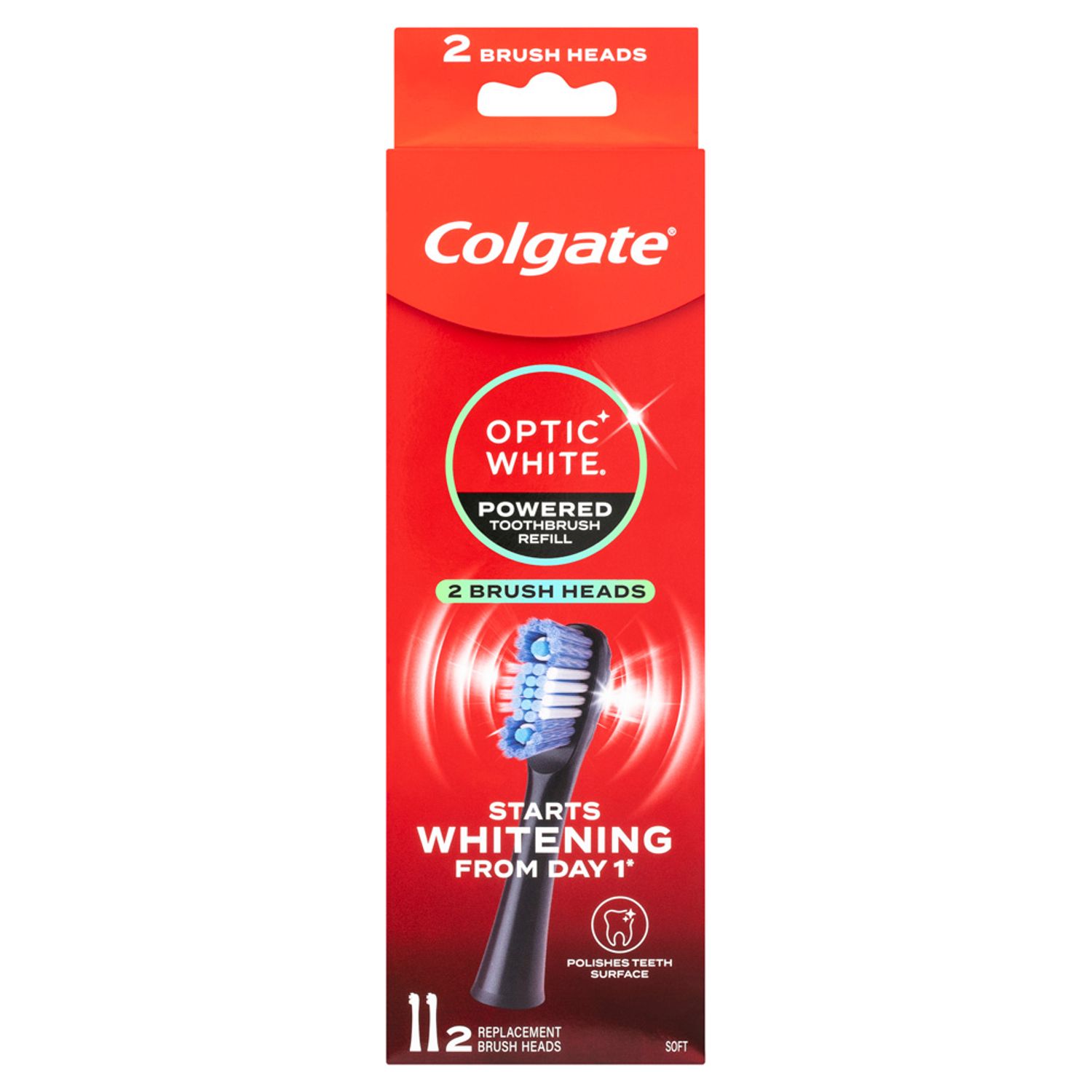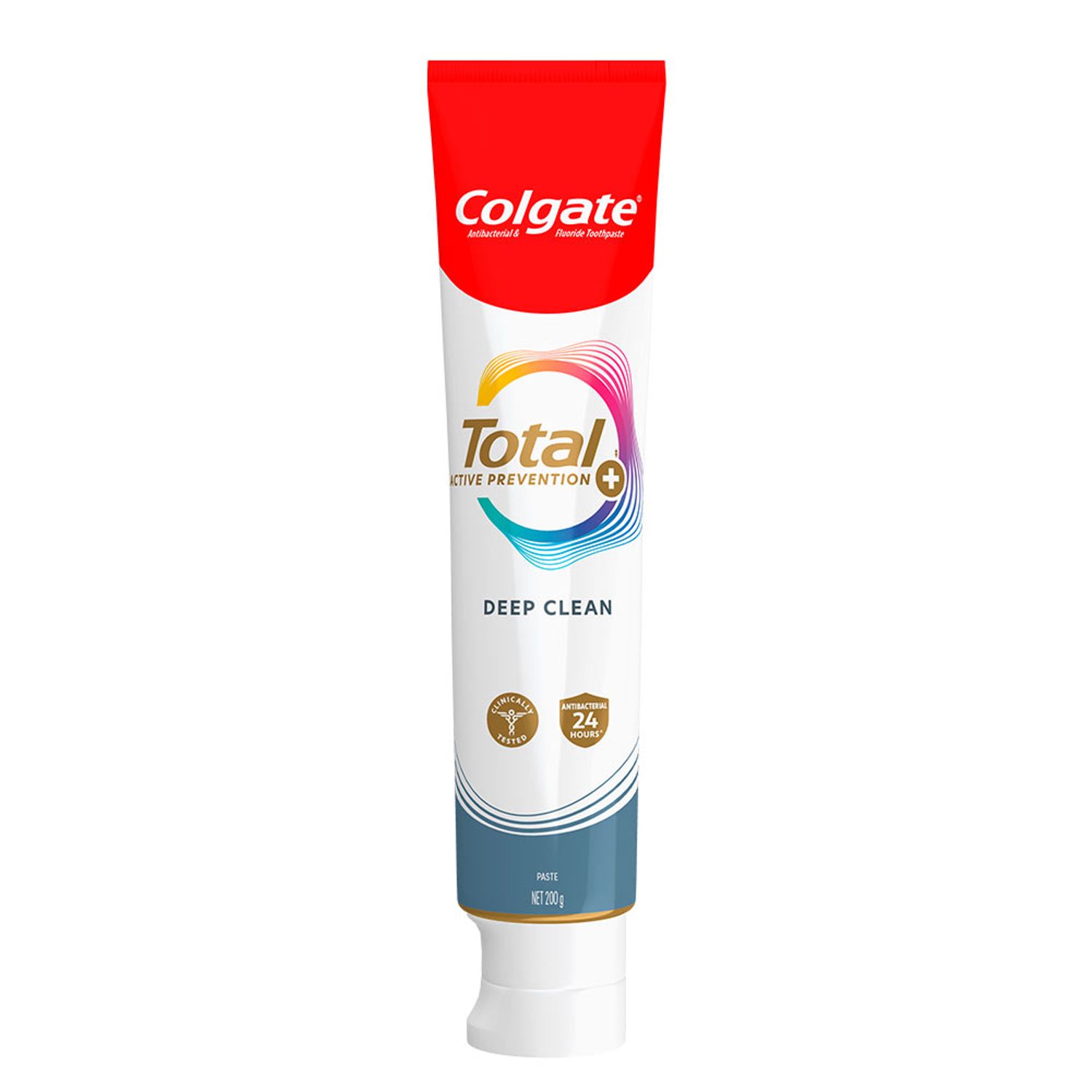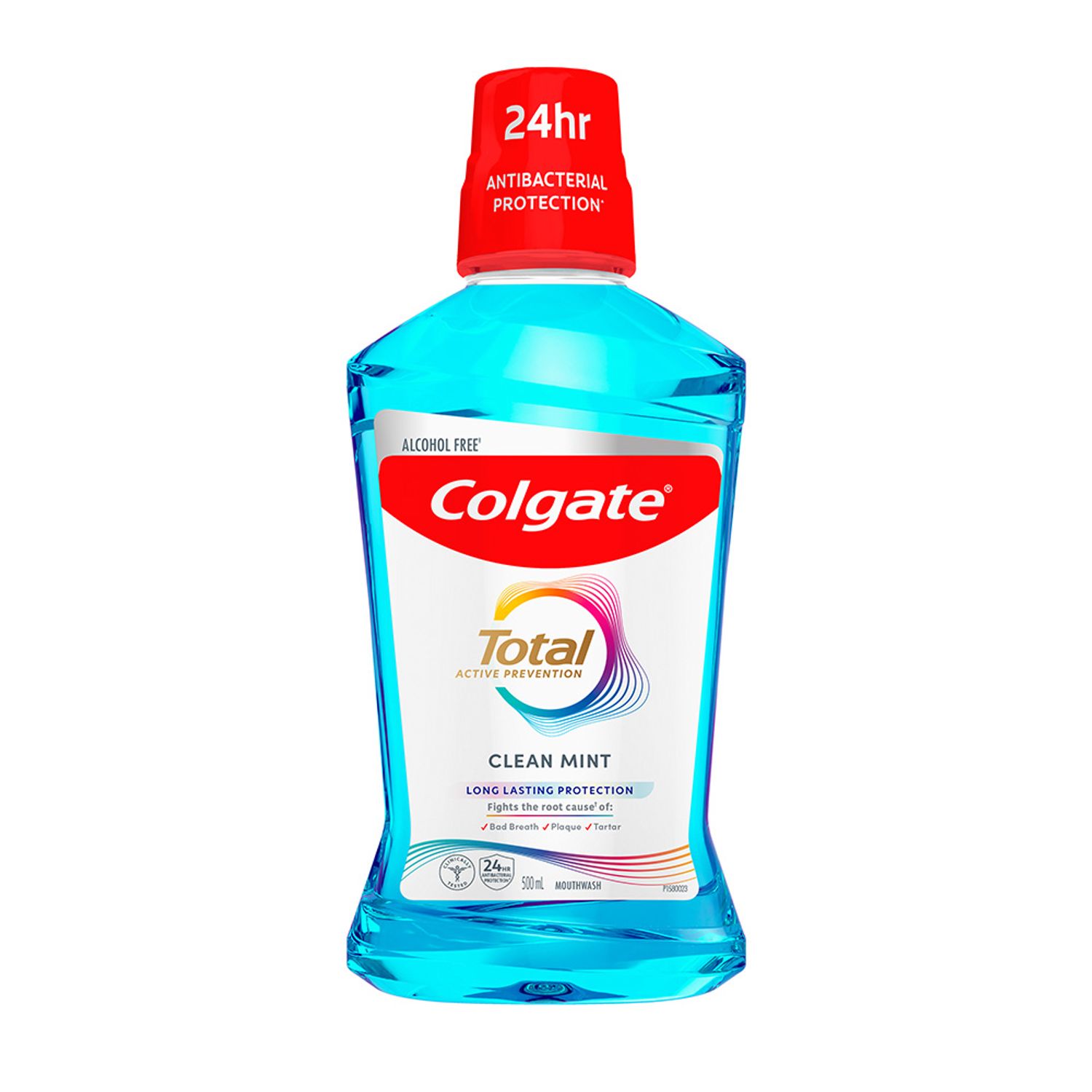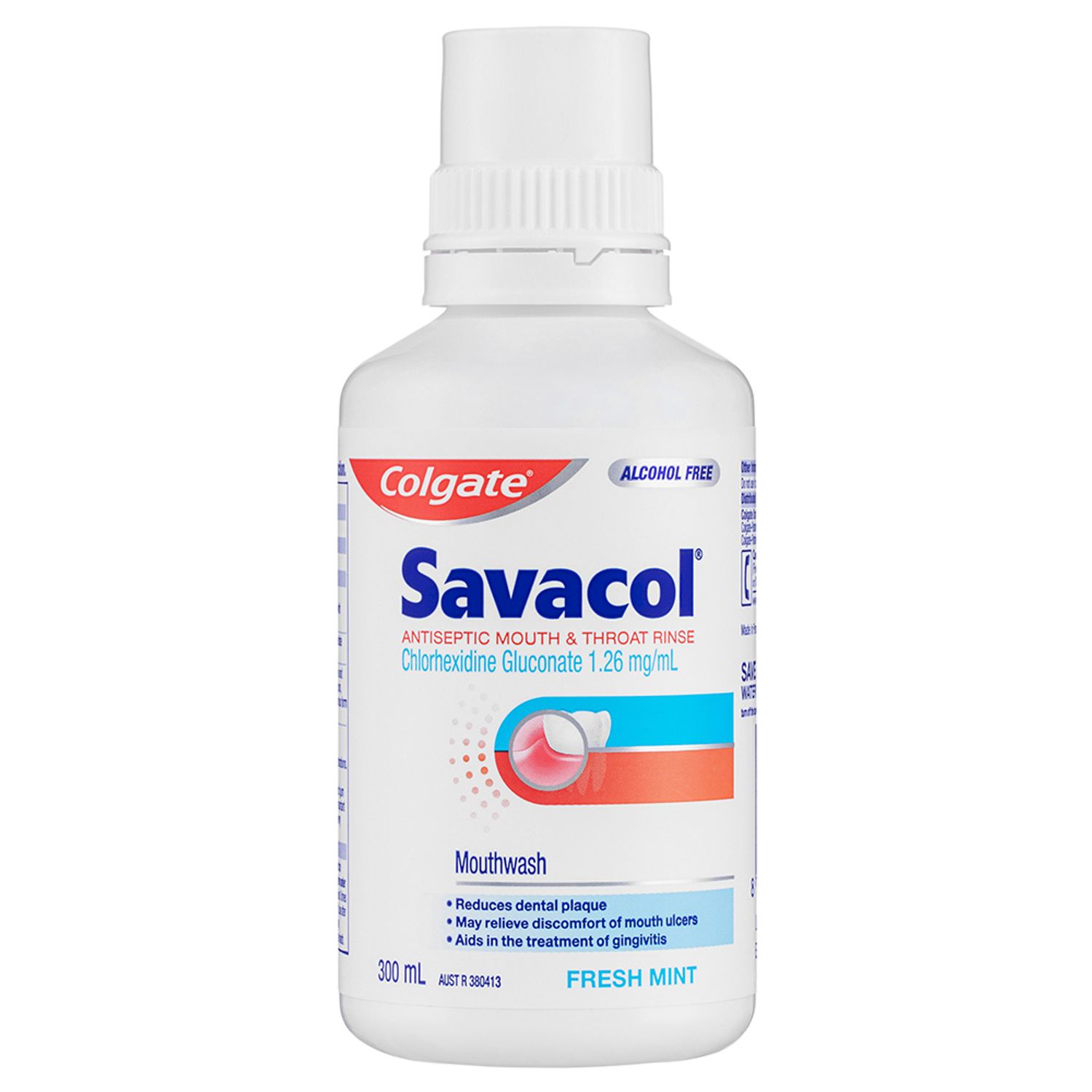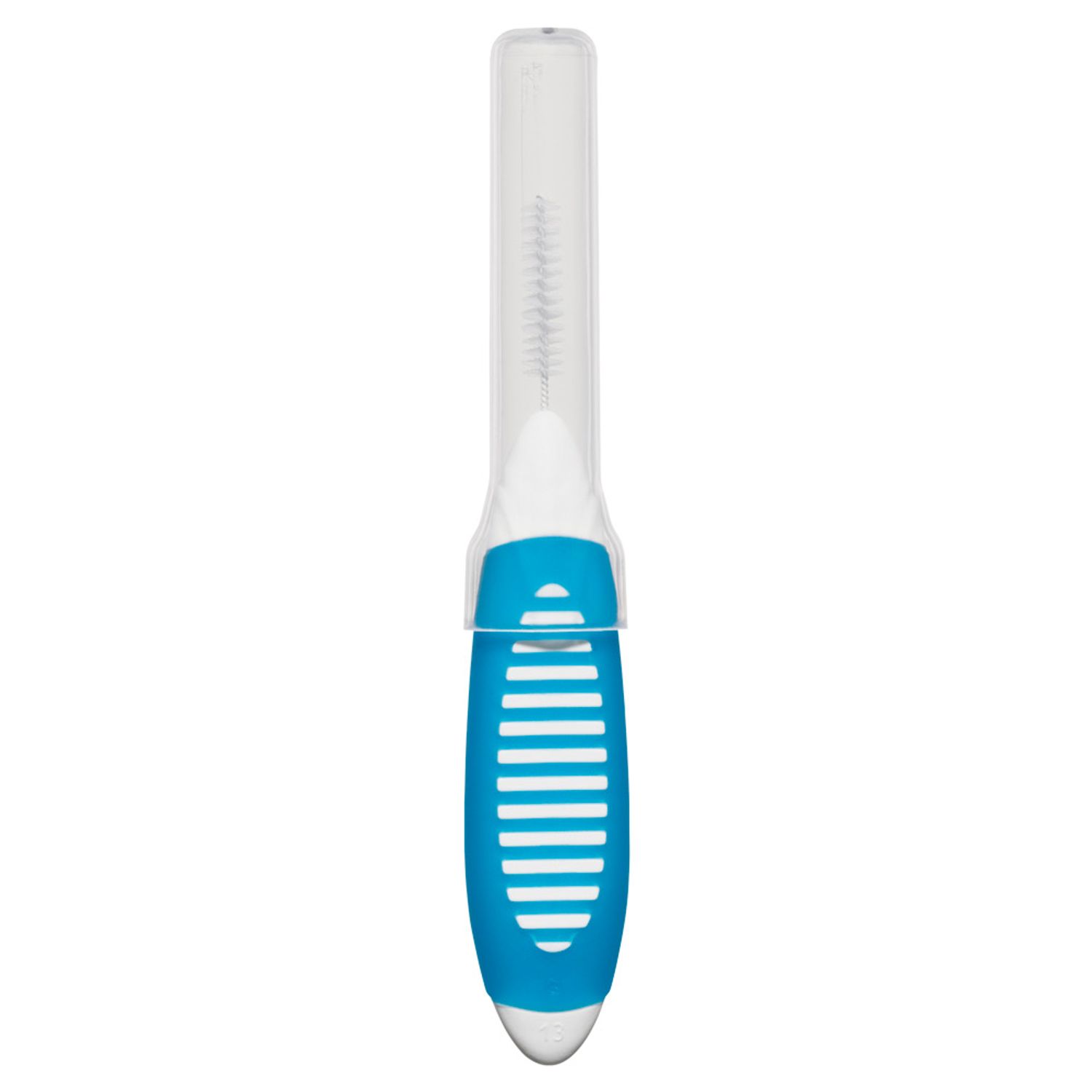-
-

BRUSHING & FLOSSING
How to BrushWhat Is the Right Way to Brush?
Proper brushing takes at least two minutes — that's right, 120 seconds!...

BRUSHING & FLOSSING
How To FlossWhat is the Right Way to Floss?
Proper flossing removes plaque and food particles in places where a toothbrush cannot easily reach... -
Science & Innovation
- Colgate® | Toothpaste, Toothbrushes & Oral Care Resources
- Oral Health
- Soft Or Hard Toothbrush: Which One Should You Use?


Soft, extra-soft, medium, firm, hard, mixed, round-tipped… whether you’re searching for a manual toothbrush or an electric one, bristles are just one of the many differences from product to product. So which do you choose, and why does it matter?
Why It’s Important To Choose The Right Bristles
Your teeth are coated in a protective substance called enamel. While enamel is the hardest substance in the body, the Australian Dental Association (ADA) explains that it’s vulnerable to:
- Erosion from acidic foods.
- Abrasion from aggressive brushing.
- Damage from brushing with a hard-bristled toothbrush.
As your tooth enamel wears away, it offers less and less protection to the softer dentine underneath, as well as the delicate pulp and nerves inside the tooth. You might start to experience sensitivity to temperature, touch or sweet foods. It’s not just your teeth that are vulnerable. A hard toothbrush can damage your gum tissue, too, causing inflammation and irritation.
Choosing The Right Bristles
As a general rule, the ADA recommends that everyone use a brush with soft bristles to avoid damaging the teeth and gums. However, as an adult, the right toothbrush for you will depend on a number of factors, such as age, gum condition, and overall oral health status. If you have sensitive teeth, gum disease, or enamel erosion, your dentist may advise you to brush with an extra-soft toothbrush to prevent further damage. If you’re in the market for a baby toothbrush or a kid's toothbrush, you should choose a soft-bristled toothbrush of an age-appropriate size and shape. The toothbrush head should be small enough to reach every part of your child’s mouth, and for smaller children with developing motor skills, the handle should be chunky and easy to grip. From around 6-12 years of age, your child will have both adult and baby teeth. During this stage, a soft kids’ toothbrush with a mix of long and short angled bristles can help your child to reach every tooth. If you or your child have braces, these combination toothbrushes may also be helpful for cleaning those hard-to-reach spots around the brackets and wires.
Is There Ever A Reason To Choose A Hard Toothbrush?
In short, no! Some people do prefer firmer bristles, reasoning that these tougher brushes will slough away more plaque. However, the potential damage to your enamel and gums far outweighs this benefit. A consistent and thorough oral health routine, good dietary habits, and regular dentist visits are enough to keep plaque at bay. If you’re still concerned about plaque or you need help choosing a toothbrush, your dentist can offer you advice.
Related Articles
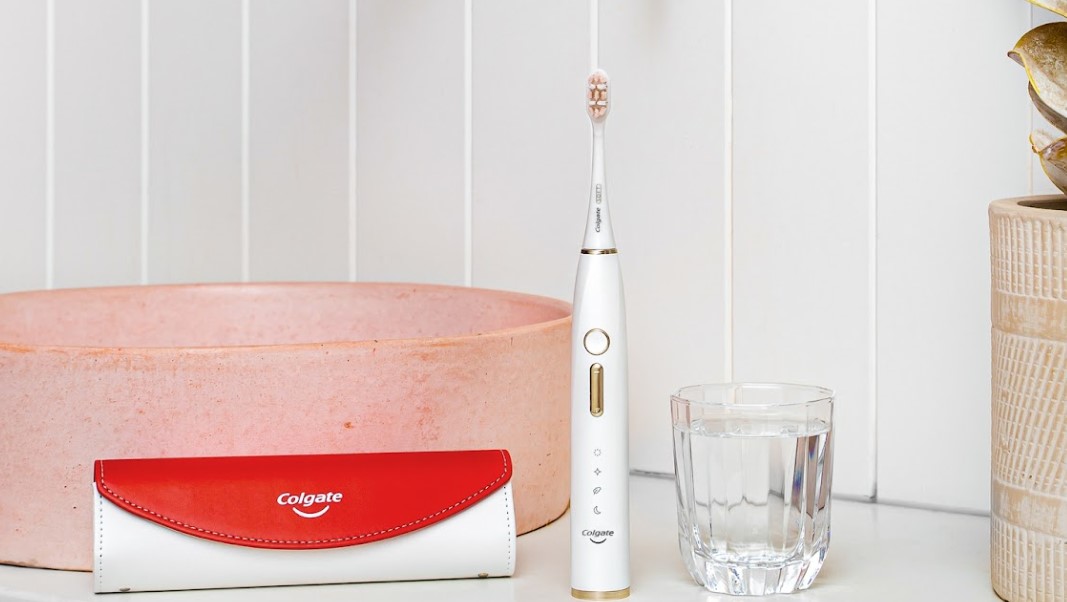
Electric or Manual Toothbrushes, which one is better? Learn their differences, considering their effectiveness in dental health and oral hygiene.

Gingivitis is the first stage of gum disease. Knowing the warning signs can help you treat it quickly and prevent more serious issues. Learn more here.

Electric toothbrushes are a fantastic investment into your oral health, especially if you wear braces. Learn about electric toothbrushes for braces in this guide.
This article is intended to promote understanding of and knowledge about general oral health topics. It is not intended to be a substitute for professional advice, diagnosis or treatment. Always seek the advice of your dentist or other qualified healthcare provider with any questions you may have regarding a medical condition or treatment.
Related Products
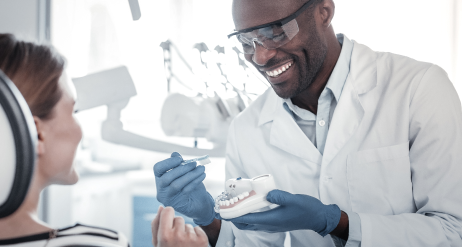
Helping dental professionals
More professionals across the world trust Colgate. Find resources, products, and information to give your patients a healthier future

